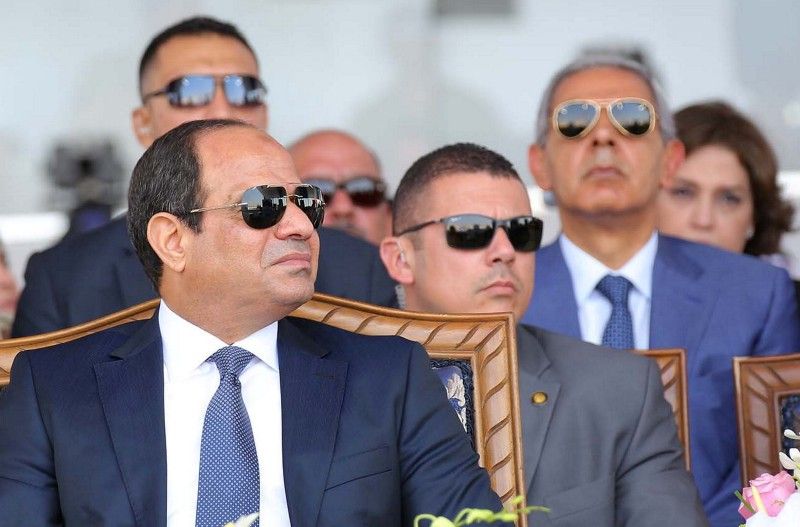March 30, 2018
Egypt held a presidential election this week. The official results will be announced on Monday. Spoiler alert: incumbent President Abdel Fattah el-Sisi will be declared the winner.
Sisi has solved the near-term problem of how to hold onto power. Imprison thousands of potential troublemakers. Handpick your election opponent. Drive all credible challengers out of the race. To ensure turnout, pay people to vote and threaten fines on those who don’t. Count the votes. Declare victory.
But this won’t solve the longer-term problems facing Egypt, for which Sisi will now be held responsible. Nearly a third of the country’s 90 million people lives in poverty, a percentage that has grown over the past 20 years. More than half that population is under twenty-five.
In November 2016, to try to get its financial house in order, the government devalued Egypt’s currency and cut fuel subsidies. Angry protests followed. This time last year, bread riots erupted in many Egyptian cities following news that the state had reduced the number of subsidized bread loaves it allows each family to buy.
Egypt’s population is projected to reach 120 million by 2030, and 150 million by 2050. Population growth creates urban sprawl, which leaves less land for agriculture, exacerbating already serious shortages of food and water. Unless Sisi decides he cares as much about his country as he does about political control, this is the shape of things to come.
More For You
People in support of former South Korean President Yoon Suk Yeol rally near Seoul Central District Court in Seoul on Feb. 19, 2026. The court sentenced him to life imprisonment the same day for leading an insurrection with his short-lived declaration of martial law in December 2024.
Kyodo
65: The age of former South Korean President Yoon Suk Yeol, who was sentenced to life in prison on Thursday after being found guilty of plotting an insurrection when he declared martial law in 2024.
Most Popular
In an era when geopolitics can feel overwhelming and remote, sometimes the best messengers are made of felt and foam.
Hungarian Prime Minister Viktor Orban holds an international press conference in Budapest, Hungary, January 5, 2026.
REUTERS/Bernadett Szabo/File Photo
The Hungarian election is off to the races, and nationalist Prime Minister Viktor Orbán is facing his most serious challenger in 16 years.
How people in G7 and BRICS countries think their policies will effect future generations.
Eileen Zhang
Does skepticism rule the day in politics? Public opinion data collected as part of the Munich Security Conference’s annual report found that large shares of respondents in G7 and several BRICS countries believed their governments’ policies would leave future generations worse off.
© 2025 GZERO Media. All Rights Reserved | A Eurasia Group media company.
